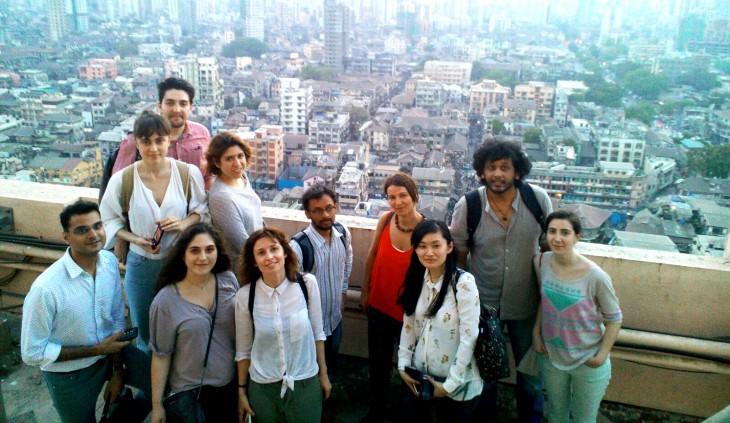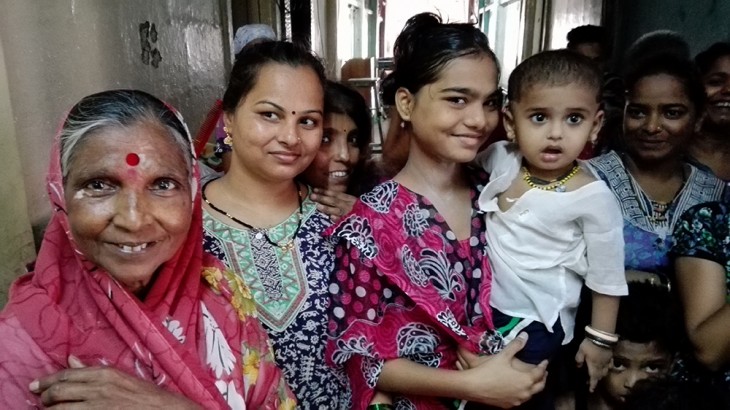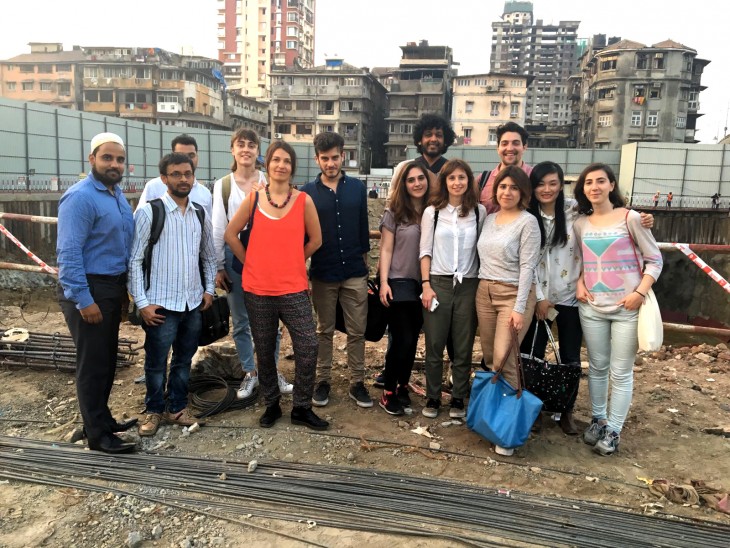
From April 8th to 18th, Master in City & Technology (MaCT) students went to Mumbai, India, for their Project Studio Research Trip.
The Pilot Project Thesis Studio is about design for the Responsive City.
If the physical structure and the image of the city have always been based on the technology of production, communication and representation, how does Information era and communication technology impact on the design of the city? Which are the design protocols, that allow the planning of an urban responsive organism, able to adapt and/or interact with its inhabitants?
The studio will define visions and design proposals for the Worli BDD Chawl, a 27 hectares residential district located in Mumbai, India. The area has been the object of a design competition finalized to the demolition of the existing buildings and the construction of a high-density multifunctional district.
New technological tools, the quality of the buildings and urban spaces, as well as the flexibility of the typology, allow us to design alternative proposals based on a controlled densification. Through a methodology that will explore the potential of Information and Communication Technologies, through the different phases of the design process, the studio will focus on the needs of the local population in the context of the urban transformation of the entire area.
The arrival in Mumbai was shocking: high temperature and humidity, crazy traffic and loud noise in the streets. But after the first day of adaptation, students started to appreciate the vibrant life of the city. Mumbai is a city of contrasts: low rise building next to skyscraper, slums alongside new tertiary areas.
Students had the opportunity to visit local authorities to know the existing policies in urban planning. They also met the agents that are leading some of the redevelopment projects in the city, like the one concerning the Bhendi Bazaar area, an old muslim market area in South Mumbai.

Students were fascinated by the welcome of the people in Worli BDD Chawl area. They had the opportunity to talk with citizens and local leaders and they observed the union and collaboration of the residents in their daily life. Students also experienced community participation in the organization of the Ambedkar Jayanti celebration, that took place in those days.
This sense of community is the value that MaCT students want to keep in their proposals for the redevelopment of the area.

The Master in City & Technology focusses on the needs for the habitability of the 21st century cities and the significant role of technology for the formation of the new urban environments. IAAC proposes this new Master program oriented in training Change Makers that City Government Administrations, the Industry and Communities need in order to develop projects for the transformation of the cities.
Learn more about the Master in City & Technology by clicking here.